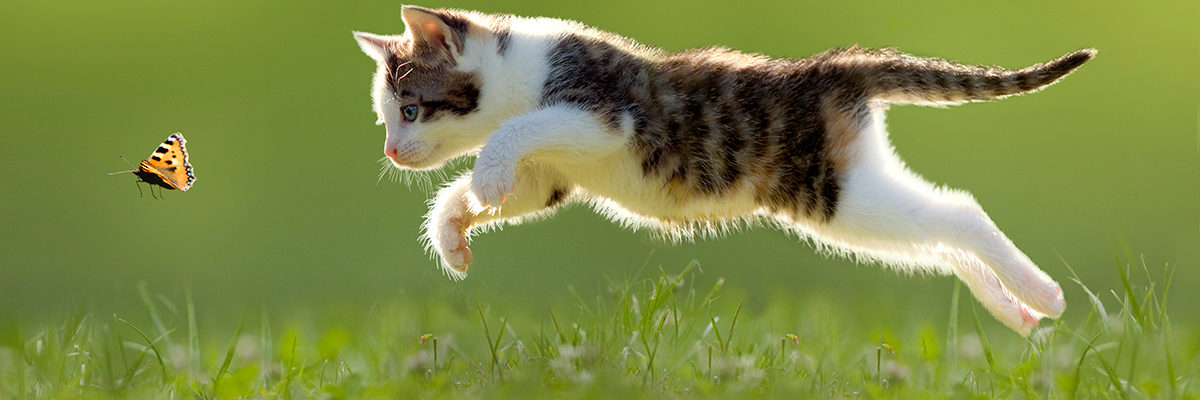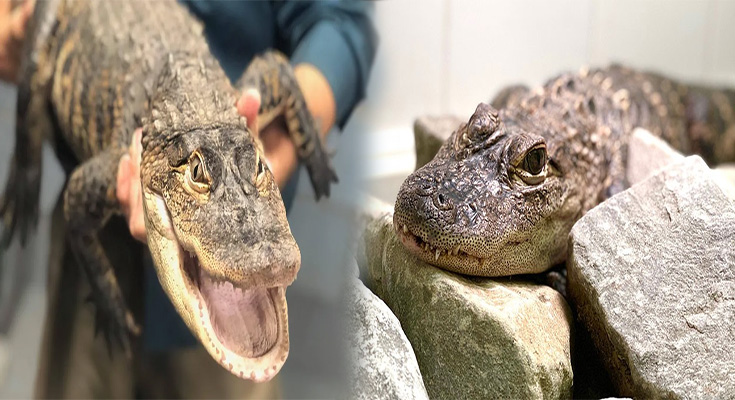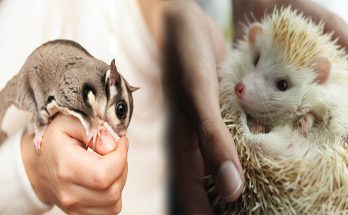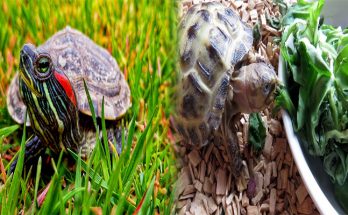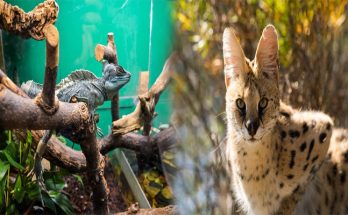If you’re looking for an exotic pet, the alligator is a great choice. They’re very social animals and can be taught to do tricks. However, owning an alligator isn’t as easy as it might seem. In fact, keeping alligators as pets is illegal in most states. That’s because they can grow very large (up to 14 feet long) and have sharp teeth that can cause serious injuries if they bite or scratch someone who feeds them or handles them improperly. If you have questions about owning an alligator or other dangerous animal, please feel free to contact me by calling 555-555-1234 or emailing me at [email protected] .
Alligators are classified as “prohibited” animals, so they can’t be kept in Wisconsin.
Alligators are classified as “prohibited” animals, so they can’t be kept in Wisconsin.
People who keep alligators are subject to prosecution for violating state law. A person who keeps an alligator in Wisconsin could be charged with a crime and fined up to $10,000 per animal.
The laws of most states say that alligators should be illegal to keep as pets.
You might be surprised to learn that the laws of most states say that alligators should be illegal to keep as pets. The reason for this is simple: Alligators are dangerous animals, and they can carry diseases that may harm humans.
The law is based on two factors: the danger posed by these creatures, and their potential to spread disease. First, alligators are capable of biting or scratching people who come near them; even if you don’t get injured by an alligator bite or scratch, it could still lead to infection from bacteria in their mouth (like salmonella). Second, many types of parasites can live inside an alligator’s body–and if one gets into yours through your skin or eyes during contact with the reptile itself (or its droppings), then it might cause serious health problems like blindness or paralysis!
If someone is keeping an alligator illegally and it escapes, the owner could face criminal charges.
If you are keeping an alligator illegally and it escapes, the owner could face criminal charges. The same is true if your pet alligator attacks someone or damages property.
The law requires that anyone who owns a pet reptile must keep it in an enclosure that is at least six feet long, four feet wide and three feet high. In addition to being large enough for the animal to move around comfortably within its confines, this enclosure should also have secure sides and top so that no one can get near it or escape from inside of it–especially if there are children nearby!
A person who feeds or handles an alligator risks being bitten or injured by it.
Alligators are wild animals. They are unpredictable, aggressive, and dangerous. Alligators are not meant to be pets.
- A person who feeds or handles an alligator risks being bitten or injured by it.
- Alligators have sharp teeth that can easily tear through skin and cause serious injury; they also carry Salmonella bacteria in their mouths, which may be transmitted to humans through a bite wound or scratch on the hands while feeding them (especially if those hands have cuts).
Even though you might like the idea of owning an alligator as a pet, it is best to leave them in their natural habitat
Even though you might like the idea of owning an alligator as a pet, it is best to leave them in their natural habitat. Alligators can be dangerous to keep as pets because they bite people and can escape from their enclosures. They can also be dangerous to other pets and livestock, which may result in legal issues for you if someone else gets hurt or killed by your alligator.
Alligators are illegal in some states and cities, so check with local authorities before buying one as a pet or moving one across state lines
We hope that this article has made you aware of the many legal problems associated with keeping an alligator as a pet. If you’re still interested in owning one, we suggest researching the laws of your state before buying or adopting one. We also highly recommend contacting local animal control officers who can help explain whether or not it is legal for them to exist within your community.

